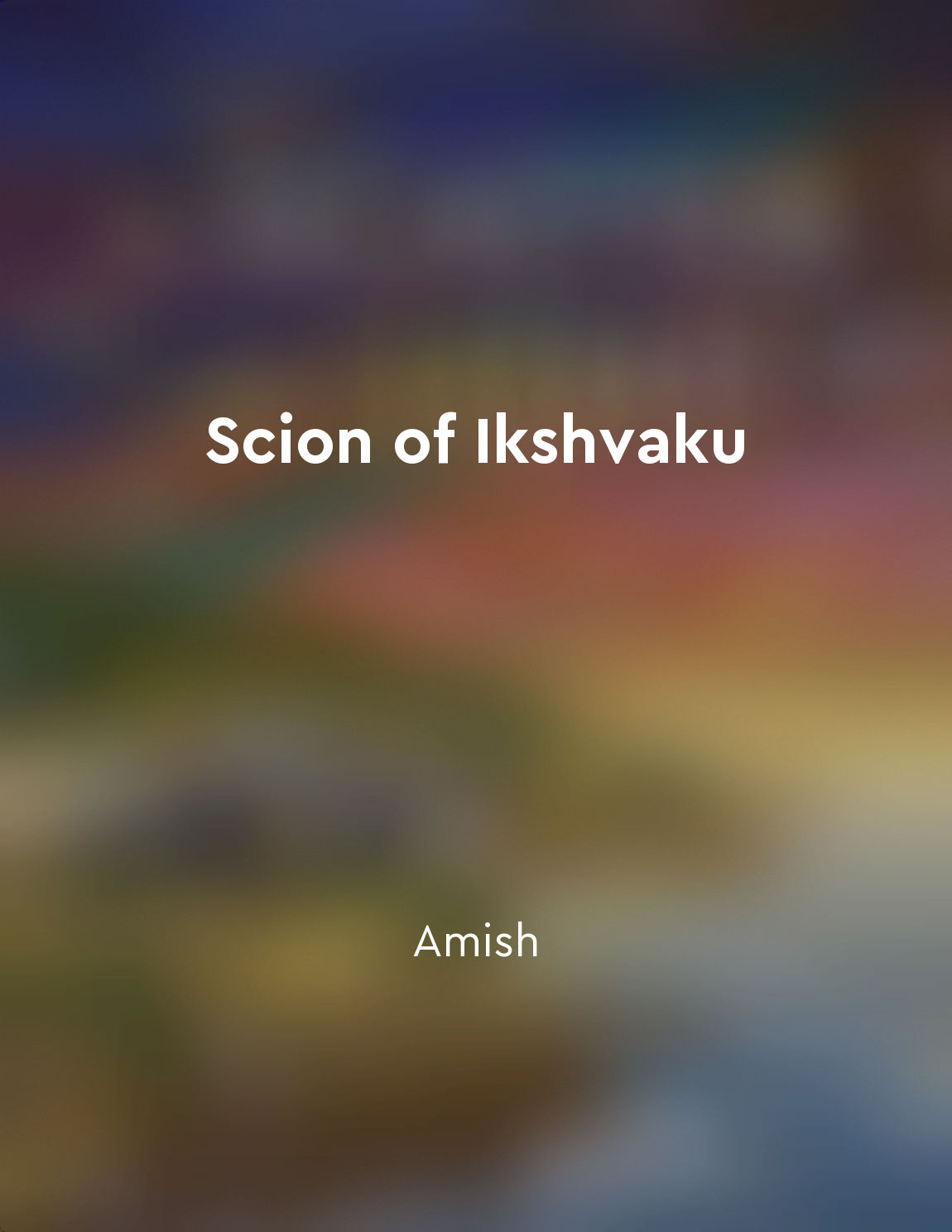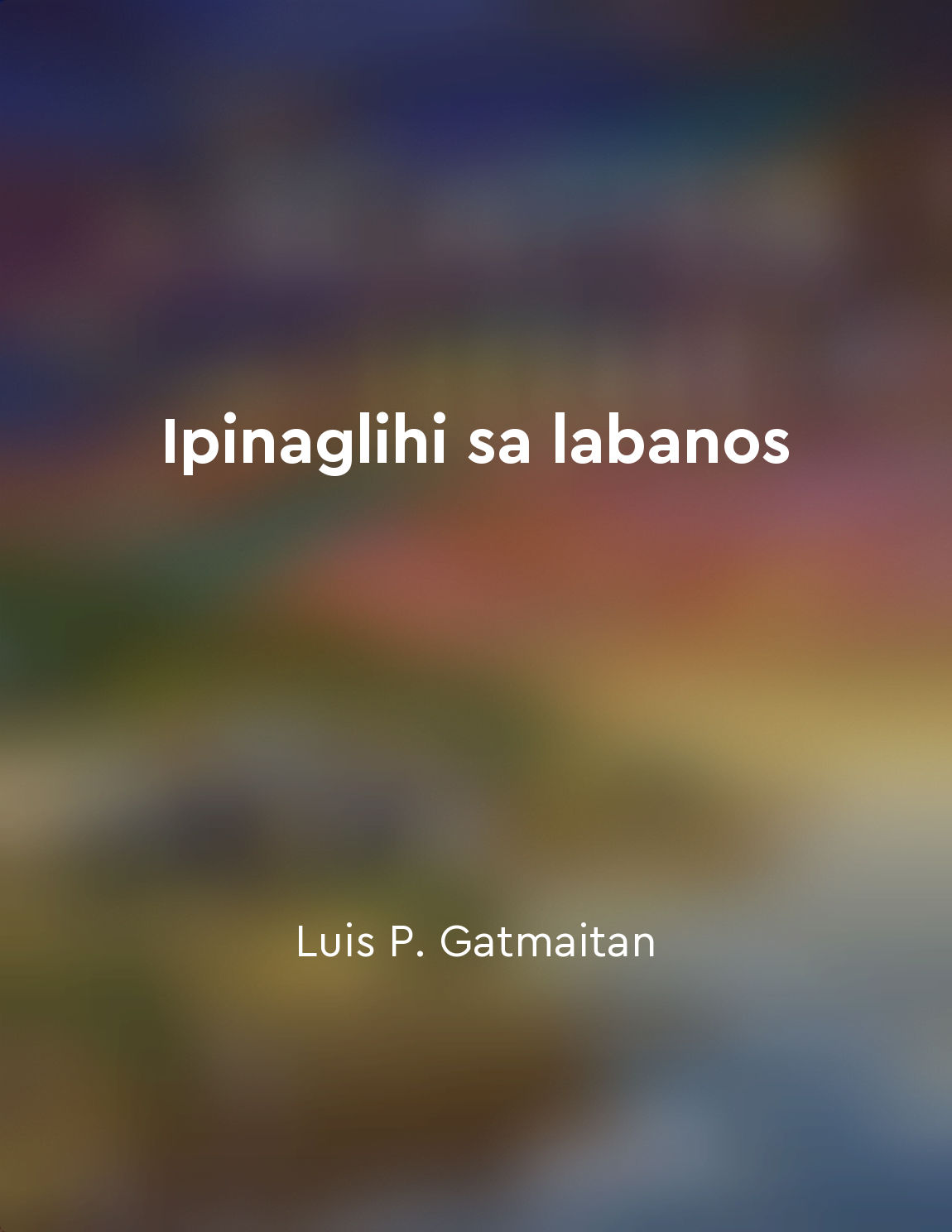Moral lessons are displayed from "summary" of Gulliver's Travels by BPI
Throughout the course of Gulliver's travels, various moral lessons are vividly portrayed in a series of extraordinary adventures. One of the prominent lessons highlighted is the importance of open-mindedness and tolerance towards different cultures and beliefs. Gulliver encounters a multitude of societies with customs and traditions vastly different from his own, challenging his preconceived notions and forcing him to reevaluate his understanding of the world. In Lilliput, Gulliver learns the consequences of pride and the futility of war over trivial matters, as the tiny inhabitants engage in absurd conflicts over which end of an egg to crack first. This satire on human nature serves as a cautionary tale against the destructive nature of ego and the irrationality of conflict. Similarly, in Brobdingnag, Gulliver's encounters with the giants highlight the relative nature of morality and the importance of humility in the face of superior beings. The voyage to Laputa and Balnibarbi underscores the dangers of unchecked intellect and the absurdity of pursuing knowledge for its own sake, without practical application or moral consideration. The inhabitants of these floating islands are so absorbed in their abstract theories and scientific pursuits that they neglect the basic needs and well-being of their own people, serving as a warning against the pitfalls of intellectual hubris. In the land of the Houyhnhnms, Gulliver is confronted with a society governed by reason and virtue, where the horses embody a utopian ideal of rationality and harmony. By contrast, the Yahoos represent the dark side of humanity, consumed by base instincts and barbarity. This stark juxtaposition serves as a reflection on the capacity for both good and evil within each individual, emphasizing the importance of self-awareness and moral self-improvement.- Gulliver's travels serve as a mirror to society, reflecting its virtues and vices in a distorted yet illuminating way. Through his encounters with strange and fantastical beings, Gulliver ultimately learns valuable lessons about the complexities of human nature and the folly of blind adherence to tradition or reason. The moral teachings embedded in these fantastical narratives continue to resonate with readers, inviting reflection and introspection on the timeless themes of morality and ethics.
Similar Posts
Healing requires a willingness to confront uncomfortable truths
Healing is a process that demands a certain level of courage and honesty. It involves facing uncomfortable truths that we may h...
Heroes face darkness
Heroes face darkness. This darkness is not just a physical one, but a metaphorical one as well. It represents the challenges, s...

Ram's alliance with Sugriva and Hanuman
Ram formed a crucial alliance with Sugriva, the monkey king, and Hanuman, his trusted aide, during his exile in the forest. Thi...

Family reunited
The moment they were all together again, it felt like a dream. All the pain, the separation, the uncertainty seemed to fade awa...
Trust is the foundation of a relationship
Trust, my friend, is like the foundation of a building. Just as a strong foundation is essential for a building to stand tall a...
Healing takes time
Healing isn't easy. It's messy, confusing, and sometimes feels impossible. It's not something that can happen overnight, no mat...

Community impressed by child's skills
The neighbors marveled at his talent. They gathered around him as he danced, his little feet tapping rhythmically on the floor....
Overcome obstacles with determination
In order to achieve success in life, it is important to confront obstacles with unyielding determination. The protagonist of th...
Huck learns to trust his instincts
Huck Finn, a young boy from St. Petersburg, Missouri, embarks on a journey down the Mississippi River with a runaway slave name...
Heroes learn lessons
Throughout the mythological stories that have been passed down through generations, one recurring theme is the idea that heroes...

